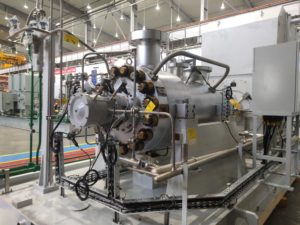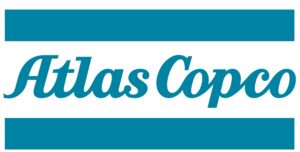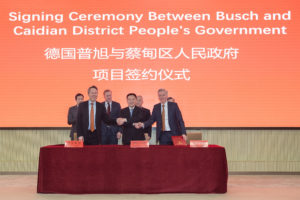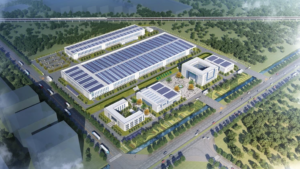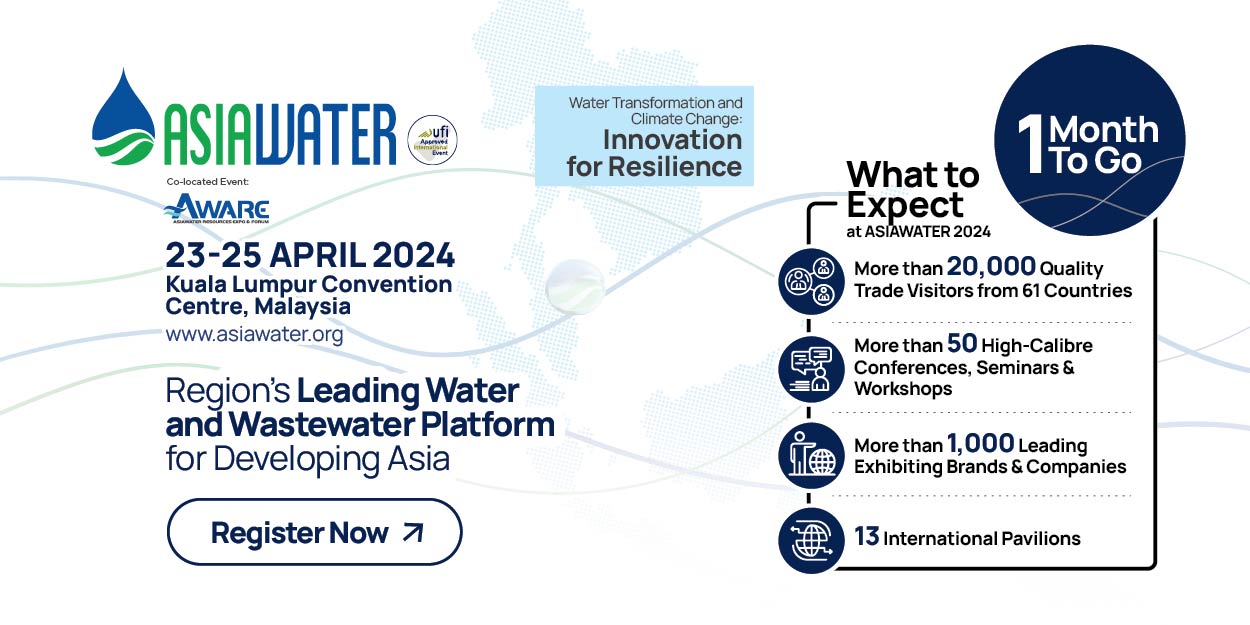China’s Sponge City Initiatives Can Achieve New Heights with an Innovative, Adaptive and Inclusive Approach, Says Industry Experts
White paper by GWI and Grundfos calls for steps including digitization to accelerate China’s sponge city progress.
China is facing increasingly dire water challenges due to urbanization and climate change – one in two China cities is facing severe water scarcity and more than 60 per cent of its cities suffer from intense floods. To combat the intensifying challenges, China has embarked on its Sponge City initiative to build water-resilient cities. Since its launch in 2015, the programme has already made significant progress, with China’s pilot sponge cities increasing more than 20 times from 16 to more than 370 today.
To support China in the development of sponge cities, global pump and water solutions leader Grundfos and international water research institution Global Water Intelligence (GWI) released a white paper titled ‘Sponge City: Steps Toward a Liveable, Green and Water-Resilient City’. The paper explores the progress of China’s sponge city construction, and provides recommendations for the nation to build on its success by becoming more adaptive, inclusive, and innovative.
Analyzing five China Sponge Cities – Shanghai, Fuzhou, Tianjin, Guangzhou, and Pingxiang – as well as innovative water management strategies globally, the white paper proposes five ways to accelerate China’s sponge city progress: innovative financing methods, systematic planning, decentralized solutions, operations and maintenance focus, and digitalization to build smart sponge cities.
The white paper particularly highlights the importance of intelligent water management in sponge city initiatives, calling for the development of infrastructure that harnesses digital technology, big data, and smart products and networks, to enable cities to more efficiently distribute water resources and solve water scarcity, pollution and flooding challenges.
Regional Managing Director of Grundfos China Ms Catherine Yang said the white paper insights resonate strongly with the global pump manufacturer and its efforts in supporting China’s sponge city initiatives, especially the notion of smart sponge cities.
“The advent of Internet of Things has opened doors for the water industry to develop more innovative solutions to solve water challenges. For Grundfos, we have actively pursued digitalization in our products globally to enhance connectivity, intuitive management, efficiency and performance. As a trusted partner for China’s Sponge City Initiative, we are pleased to bring these intelligent solutions to support local government, our customers and industry partners to solve water challenges across China’s sponge cities,” said Ms Yang.
Most notably, Grundfos unveiled its intelligent pump gate systems implemented to solve problems faced in Fuzhou due to the existence of odorous and black water bodies.
The first-of-its-kind smart pump gate solution uses digitalized monitoring and a centralized remote control system to constantly assess water levels and pressure across Fuzhou’s network of rivers. Data collected from the pump gate installed at each river is uploaded to a cloud database, which prompts automated and coordinated pump gate processes across the various rivers to optimize water flow and discharge – effectively removing bad odors from stagnating water and improving the quality of life for millions of people in the city.
“For China to achieve its sponge city ambitions, it is important that government, technology providers and infrastructure developers work collaboratively to share knowledge and drive new innovation. The Chinese government has already made remarkable progress to address water issues in China and we are pleased to be able to do our part by bringing Grundfos’ leading expertise in water and energy management, and green technologies to empower resilient cities in China,” Ms Yang added.
Besides embracing digitalization, the white paper proposes four other approaches to accelerate China’s sponge city progress:
- Innovative financing methods: The private-public-partnership (PPP) financing model is widely adopted in China and has been proven to deliver strong traction and results. However, to build on this success and continue to develop the sponge city initiative in a sustainable way in the long term, there is an opportunity to explore more innovative financing methods.
- Systematic planning: Water in a city is not isolated – waterways, rivers, lakes and pipelines are all connected, and systematic planning is therefore critical to comprehensively control water quality and quantity.
- Decentralized solutions: Conventional centralized infrastructure is essential for quick and consistent drainage. However, centralized systems will reach their boundaries and other alternatives to collect and clean storm water on-site need to be considered.
- Sustained operations and maintenance:Realizing major infrastructure projects requires a change not just in systems but also in operations and maintenance, which is critical to ensure the long-term success of any infrastructure investment.
Managing Director of GWI (China Channel Partners) Ms Ashley Zhu indicated, “The sponge city initiative requires a holistic and sustained effort from all parties. Through this white paper with Grundfos, we not only raise awareness of the challenges China faces in building water-resilient sponge cities, we provide a good platform for enterprises, local authorities and academics to exchange knowledge and ideas on how we can tackle these significant issues. Only by combining resources and expertise, can we bring the development of China’s sponge cities to new and greater heights.”
Source: Grundfos Holding A/S

